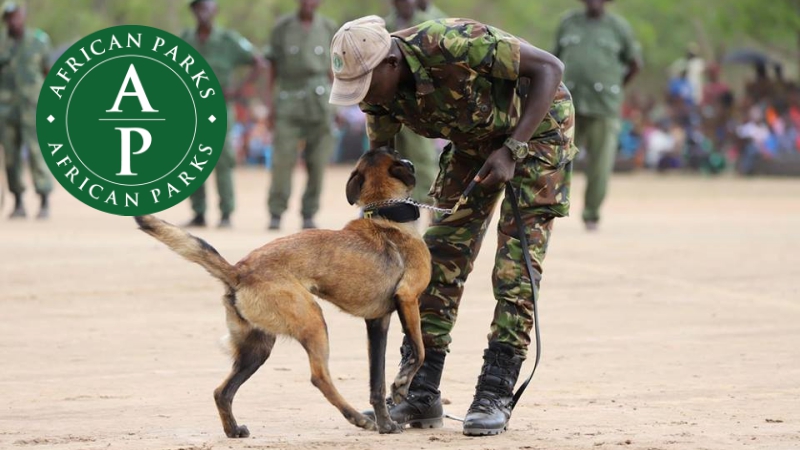Donated: US$ 50,000
Garamba National Park, a UNESCO World Heritage site in the northeast corner of Democratic Republic of Congo is one of Africa’s oldest and most biologically significant national parks. It is managed by non-profit conservation organisation African Parks.
Over the past few decades, militant poachers and regional insecurities have placed immense pressure on the park and its resources. The result is a challenging combination of highly armed poachers and various militant groups, all of whom view the resources in Garamba as a way of financially supporting their initiatives, through ivory and bushmeat poaching.
The most iconic residents of Garamba, the elephants, have suffered. Garamba’s elephants are being poached at an alarming rate and the park is experiencing negative population growth. In addition, the Kordofan Giraffe is critically endangered.

To better equip Garamba’s teams to more effectively address threats, in 2018 Explorer’s against Extinction donated an anti-poaching canine unit to the park. The introduction of this unit helped protect the wildlife and give support to the dedicated and courageous rangers who put their lives on the line every day.
Our goals were:
– The construction of a kennel complex capable of housing a unit of six dogs.
– A dedicated housing-compound for the handlers and unit guards.
– The purchase and deployment of two anti-poaching dogs.
– Equipment provided for the six dogs and their handlers.
– Ongoing veterinary and maintenance expenses for the first 12 months.
Once established, four additional anti-poaching dogs were deployed using funding available from the EU. Subsequently local Congolese dogs will be selected and trained, ensuring a sustainable unit with rapid response times that can expand as required.
In November 2018 Andrea Heydlauff of African Parks was a guest speaker at the Explorers Club in New York when Robert Ferguson, Trustee of Explorers against Extinction, was speaking on Conservation. This is part of the EAE core ethos of raising awareness for their projects as well as donating funds.
The unit opened in Spring 2019 and is now fully functional, adding a vital resource to preventing poaching in the Park and helping protect the lives of the rangers who work on the front line.



Leave a Reply